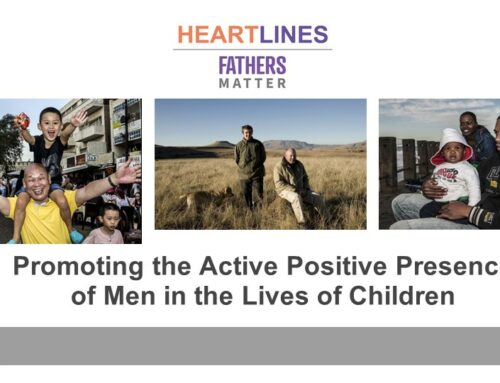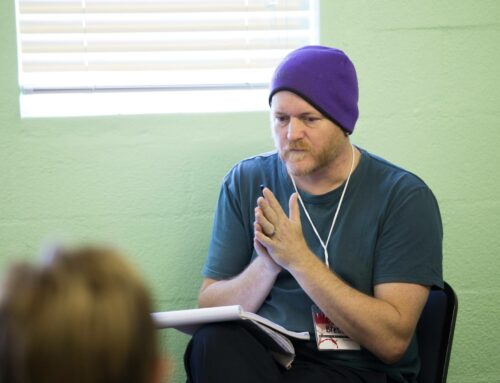James 1 verse 19-20 says, ‘My dear brothers and sisters, take note of this: Everyone should be quick to listen, slow to speak and slow to become angry, because human anger does not produce the righteousness that God desires.’
Oh no, why is my hand up again? Anyone else got their hand up in the air for this one? Really not starting so strong there, mister Fish.
Another way to definitively show love to someone is to speak without accusing them. When language like “You always…” or “You never…” creeps into conversations [any by ‘conversations’ i probably mean ‘arguments’ or ‘shouting matches’] then firstly it is quite likely that there is some dishonesty involved [in the emotional intensity of this precise moment when this thing i am accusing you of having done or having neglected is causing me such extreme emotion, i am tempted to try and lay this thing on you as a thing that you never ever get right, which if not true, does not feel particularly fair or loving] and secondly, it usually intensifies the current situation seeking resolution.
I guess one way to do this [and it is not something i am known for getting incredibly right, for sure] is to focus on the problem or the issue rather than the person. If the person you are speaking to then decided to take ownership for the fact that they dropped the ball this time [or even every time if it is true] then it is more likely to get well resolved than if you accuse them and they react to that and perhaps remind you of the time you “always…” or “never…” and that is rarely helpful [as opposed to being really helpful]
what is perhaps tricky with this one is discovering the fine line between accusing someone and challenging someone. in my experience, challenging someone works best when it is a form of accountability that has been invited [altho i still definitely believe there are times to do it when not invited to do so, altho those rarely go really well, but sometimes you can be well surprised and those times are worth it] and the absolute key for that is the phrase “Truth in Love” where you should always lean heavily towards the Love side. [and i see a line of people forming to point out how i have well intentionedly gotten that one crazy wrong as well through my life – fortunately this is not just about me!]
Quick to listen [without interrupting]
Slow to speak
Slow to become angry
Perhaps if we focus on those three points [and i imagine, if they are not things you naturally jump to, that you will have to train yourself over time, maybe writing them down, maybe repeating them as a sort of mantra] we will be a lot closer at getting this thing right. Not being caught up in the emotion of an experience is also something that might be good to work on.
as i speak to you without accusing you, i invite relationship and the taking on of responsibility and a mutual collaboration to work on whatever issue might be presenting itself at this time and that sounds a lot more Love-filled and effective…
may we become better at Love as we embrace this idea and start to see it more at work in our lives.
can anyone relate?
[to move on to the next idea of Giving without sparing, click here]








[…] Listen without interrupting. 2. Speak without accusing. 3. Give without sparing. 4. Pray without ceasing. 5. Answer without arguing. 6. Share without […]
[…] Ten Ways to Love part II: Speak without accusing. « Irresistibly Fish […]
I always find it helpful to use “I” language in those ‘conversations’. Saying, “I feel neglected/hurt/confused” etc. instead of “You neglect/hurt/confuse” etc. is a more effective way to convey emotions. Directly accusing people automatically results in defensive reactions which inevitably lead to unproductive conversations/arguments. Using “I” shows that you are open to the idea that you, too, be at fault and your heart comes across more as wanting to find a solution than to accuse someone out of a place of strong emotion.